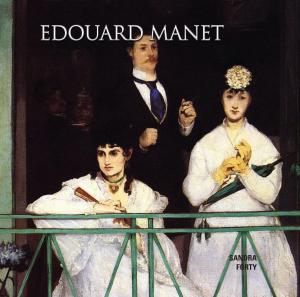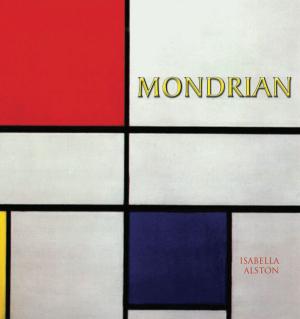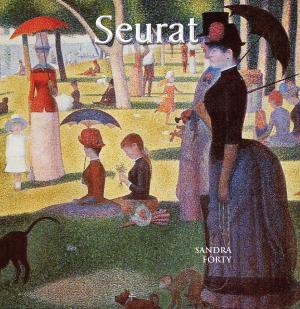| Author: | Forty, Sandra | ISBN: | 9781844062522 |
| Publisher: | TAJ Books | Publication: | March 3, 2013 |
| Imprint: | TAJ Books | Language: | English |
| Author: | Forty, Sandra |
| ISBN: | 9781844062522 |
| Publisher: | TAJ Books |
| Publication: | March 3, 2013 |
| Imprint: | TAJ Books |
| Language: | English |
Monets gift was to show the world a different way of seeing and interpreting everything around us. He brought his canvases to life with dabs and swoops of color put together to give an impression of the scene. He is the ultimate Impressionist: not only did one of his paintings inspire the label “Impressionist” and so name one of the greatest art movements of all time, but he was its leader, whose work changed the way that artists represented nature, light, and life. Claude Monet lived a long and ultimately successful life. By the time he died he was regarded as one of Frances most prominent and venerable painters. His spirit is perhaps more tangible to us than that of other artists because we can visit his last home and gardens at Giverny, a few miles west of Paris, where he lived for 43 years until his death. Monet loved plants and wherever he lived he created gardens—at Argenteuil, Vétheuil, and most famously, at Giverny. But Monet also painted city scenes. In 1870, the outbreak of the Franco-Prussian war drove Monet and his wife to London. They stayed less than a year, but Monet would paint over 100 London scenes in his lifetime. Monets crowning achievement later in life was the Décorations des Nymphéas, 19 panels painted at Giverny before being hung in the oval-shaped rooms of the Orangerie in the Tuileries gardens, Paris, where they remain today.
Monets gift was to show the world a different way of seeing and interpreting everything around us. He brought his canvases to life with dabs and swoops of color put together to give an impression of the scene. He is the ultimate Impressionist: not only did one of his paintings inspire the label “Impressionist” and so name one of the greatest art movements of all time, but he was its leader, whose work changed the way that artists represented nature, light, and life. Claude Monet lived a long and ultimately successful life. By the time he died he was regarded as one of Frances most prominent and venerable painters. His spirit is perhaps more tangible to us than that of other artists because we can visit his last home and gardens at Giverny, a few miles west of Paris, where he lived for 43 years until his death. Monet loved plants and wherever he lived he created gardens—at Argenteuil, Vétheuil, and most famously, at Giverny. But Monet also painted city scenes. In 1870, the outbreak of the Franco-Prussian war drove Monet and his wife to London. They stayed less than a year, but Monet would paint over 100 London scenes in his lifetime. Monets crowning achievement later in life was the Décorations des Nymphéas, 19 panels painted at Giverny before being hung in the oval-shaped rooms of the Orangerie in the Tuileries gardens, Paris, where they remain today.















